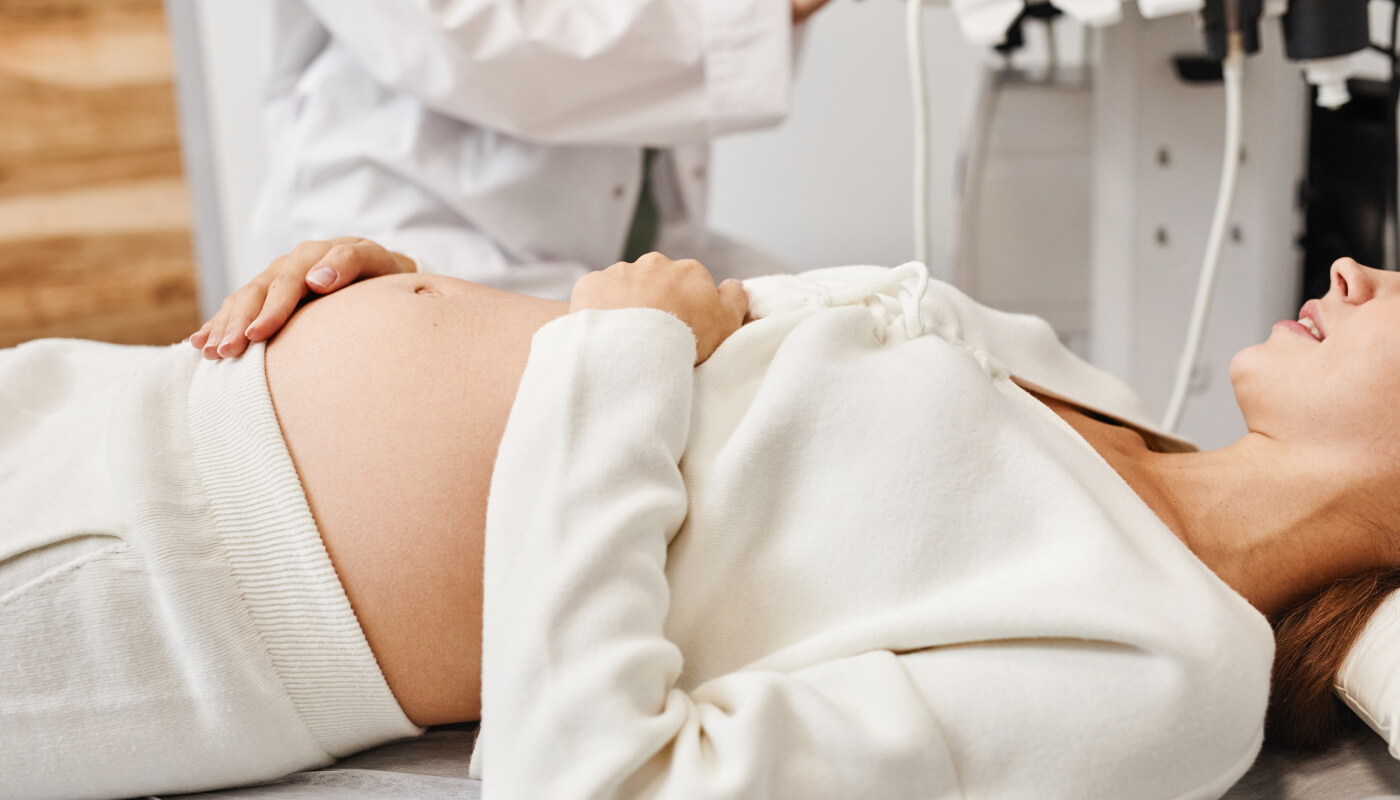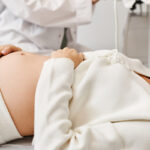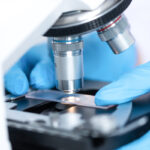Why Acupuncture in IVF?

In vitro fertilization (IVF) is often a stressful and demanding process. One of the major challenges to achieving success in IVF is the mother’s stress level and the inability of the endometrium (the uterine lining where the embryo is implanted) to reach sufficient vascular maturity and thickness after transfer. Acupuncture has been shown to support the development of the endometrium, helping it reach the desired level of readiness. Studies conducted in the United States and published in medical journals indicate that applying acupuncture during IVF increases pregnancy rates among couples who undergo this supportive treatment.
Does Acupuncture Reduce Stress?
Clinical outcomes suggest that pregnancy rates are higher among patients who receive acupuncture. The stimulation of acupuncture points increases the release of beta-endorphins throughout the body. Elevated beta-endorphin levels can indirectly enhance fertility. By inserting fine needles—or applying mild electrical stimulation—into specific points, acupuncture improves blood flow to the uterus, promotes endometrial maturation, and creates conditions favorable for implantation.
For this reason, acupuncture is now widely recognized as a complementary therapy in IVF treatment. Traditionally practiced for centuries in countries such as China, acupuncture provides valuable support to women undergoing IVF by relieving stress, regulating organ functions, strengthening the immune system, and ultimately increasing the chances of conception.
How Much Does Stress Affect IVF Success?
For IVF to succeed, it is essential that the mother remains healthy and free from excessive stress. Psychological distress during treatment can disrupt hormone secretion, which in turn lowers the chances of success. Acupuncture, with its regulating and balancing effects, helps counteract stress and minimize its negative impact on IVF outcomes.
When Is Acupuncture Applied in IVF?
The timing of acupuncture may vary depending on the treatment approach:
- First method: Once a week starting one month before embryo transfer, and again 1–2 hours before the transfer.
- Second method: On the same day, both before and shortly after embryo transfer.
- Third method: Before embryo transfer and then again 2–3 days afterwards.
Acupuncture techniques also differ by point selection:
- Body points only
- Body and ear points combined
- Electroacupuncture, which stimulates points near nerves using modern devices
While acupuncture has no known side effects, care must be taken to avoid points that could potentially cause uterine contractions or risk miscarriage after embryo transfer.
How Is Acupuncture Performed?
Acupuncture is a traditional treatment method that involves inserting very fine needles into specific points of the body to restore balance and treat various health conditions. In addition to whole-body acupuncture, ear acupuncture is a well-established method. Each organ of the body is represented in the ear, and when ear acupuncture is combined with body acupuncture, results are achieved more quickly due to the direct connection between ear points and internal organs.
Accurate identification of the correct acupuncture points and depth is critical, which is why treatment should only be performed by trained professionals. For IVF, the physician applies acupuncture specifically to points that support fertility and embryo implantation.






